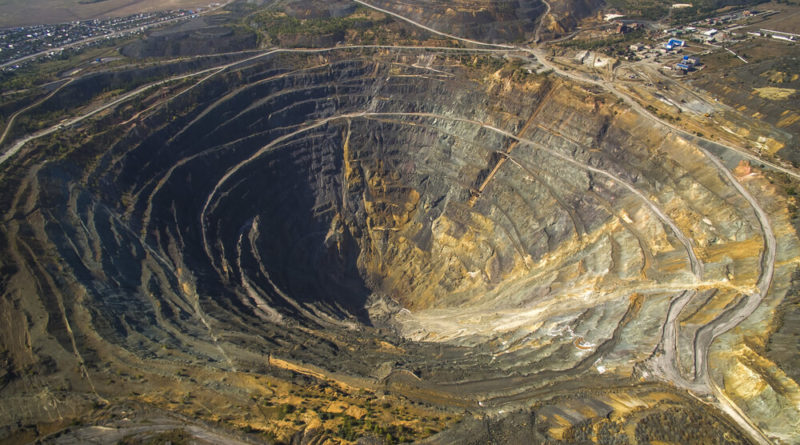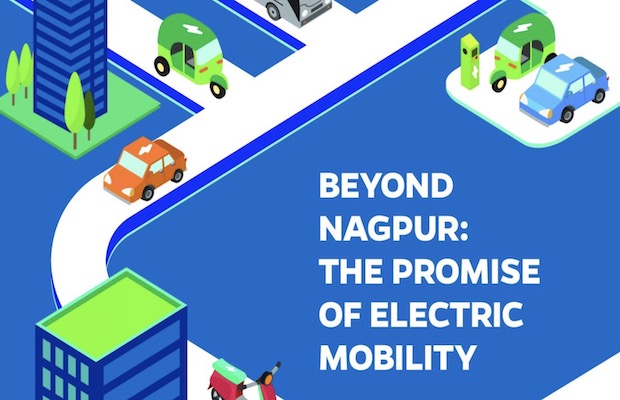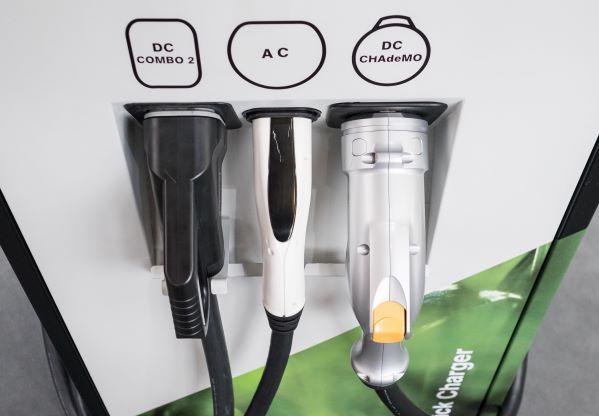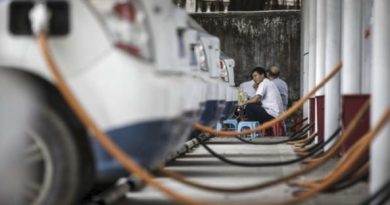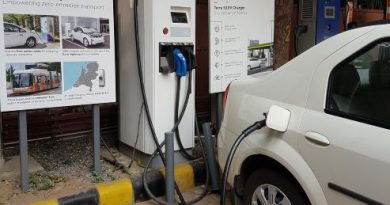Govt Launches Phased Manufacturing Programme to Aid Domestic EV Market

The Government approved the National Mission on Electric Mobility in 2011 and subsequently the National Electric Mobility Mission Plan 2020 was unveiled in 2013 by the then Prime Minister. As part of the mission, the Department of Heavy Industry notified a scheme namely FAME-India in April 2015 with the aim to incentivise electric vehicle. To promote electric mobility, basic custom duty and GST were reduced and rationalised on electric vehicles in June 2017. Giving an impetus to the launch of electric vehicles in India.
To provide further impetus to electric mobility and promote indigenous development of electric vehicles, the Government had in its recent customs notification, dated January 29, 2019, further reduced and rationalised basic custom duty on electric vehicles.
“To promote domestic manufacturing of electric vehicles, a phased manufacturing roadmap has been prepared keeping in view the present status of a manufacturing ecosystem in the country, wherein through graded duty structure indigenous manufacturing of electric vehicles and parts will be promoted over a period of time. The intention is to substantially increase value addition and capacity building within the country,” the government released in its notification.
The Phased Manufacturing Programme (PMP) has been notified with the objective of development of domestic manufacturing of electric vehicles and the related parts and assemblies so as to increase the domestic value addition and creating employment opportunities. The PMP has been so designed to enable the manufacturers in the sector to plan their investments for establishment of a robust indigenous electric vehicles and related sub-assembly/components manufacturing base in the country.
The Department of Heavy Industries and Public Enterprises (DHI) has worked on a list of vehicle types and equipment that are involved in the manufacture of electric vehicles and how the implementation of PMP will bring in a change in the Customs Duties.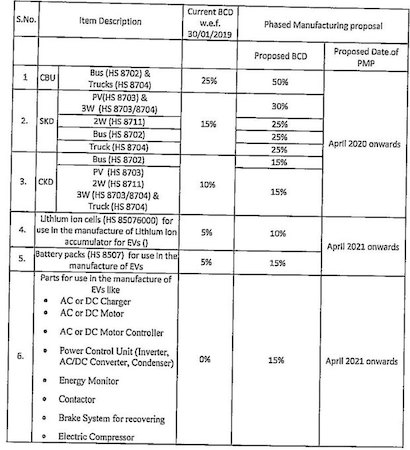
In March, the Union Cabinet chaired by PM Modi approved the second phase of the FAME scheme with an incentive layout of Rs 10,000 crores. The second phase of FAME or Faster Adoption and Manufacturing of (Hybrid) and Electric Vehicles scheme has an outlay of Rs 10,000 crore which will be spread over a period of three years and came in to effect from April 1, 2019.
In December 2018, working under the ‘polluter pay‘ principle, the government was in the process of imposing a ₹12,000 surcharge on new petrol/diesel vehicle to help incentivise the faster adoption of electric and hybrid vehicles.

